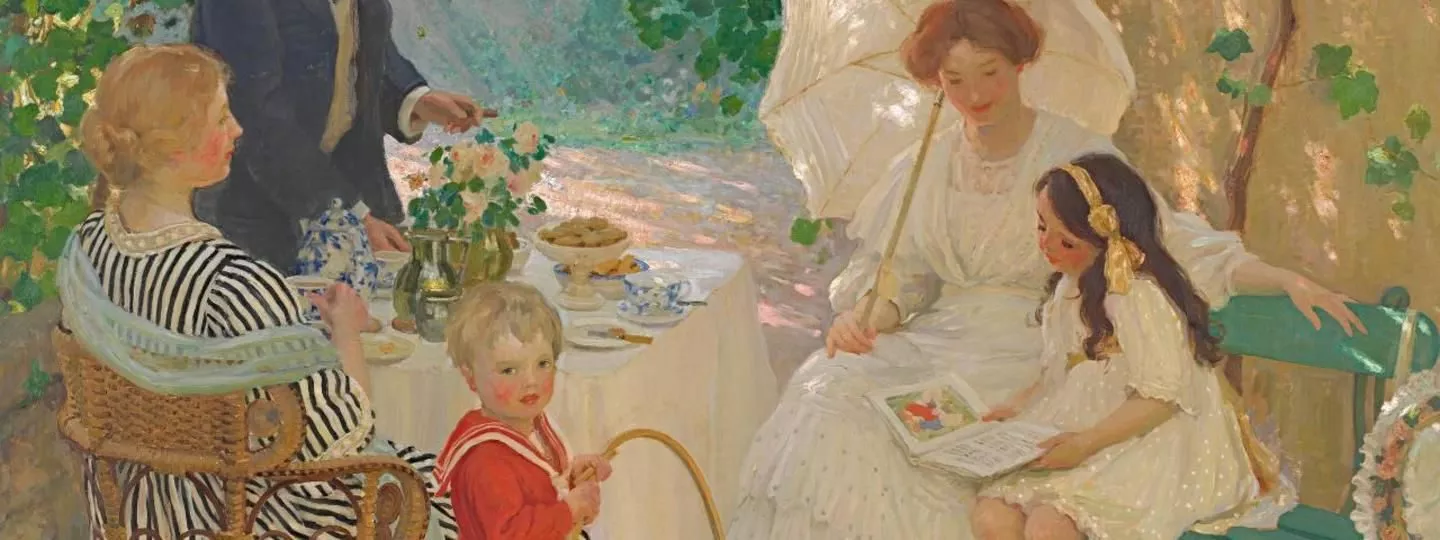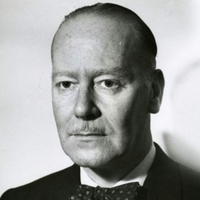
Kenneth Slessor
Kenneth Adolf Slessor OBE (27 March 1901– 30 June 1971) was an Australian poet, journalist and official War Correspondent in World War II. He was one of Australia’s leading poets, notable particularly for the absorption of modernist influences into Australian poetry. The Kenneth Slessor Prize for Poetry is named after him.
Kenneth Adolf Slessor OBE (27 March 1901– 30 June 1971) was an Australian poet, journalist and official War Correspondent in World War II. He was one of Australia’s leading poets, notable particularly for the absorption of modernist influences into Australian poetry. The Kenneth Slessor Prize for Poetry is named after him.
Early life
Slessor was born Kenneth Adolphe Schloesser in Orange, New South Wales. As a boy, he lived in England for a time with his parents and in Australia visited the mines of rural New South Wales with his father, a Jewish mining engineer whose father and grandfather had been distinguished musicians in Germany.
His family moved to Sydney in 1903. Slessor attended Mowbray House School (1910–1914) and the Sydney Church of England Grammar School (1915–1918), where he began to write poetry. His first published poem was in 1917 about a digger in Europe, remembering Sydney and its icons. Slessor passed the 1918 NSW Leaving Certificate with first-class honours in English and joined the Sydney Sun as a journalist. In 1919, seven of his poems were published. He married for the first time in 1922.
Career
Slessor made his living as a newspaper journalist, mostly for the Sydney Sun, and was a war correspondent during World War II (1939–1945). Slessor counted Norman Lindsay, Hugh McCrae and Jack Lindsay among his friends.
As the Australian Official War Correspondent during World War II, Slessor reported not only from Australia but from Greece, Syria, Libya, Egypt, and New Guinea.
Slessor also wrote on rugby league football for the popular publication Smith’s Weekly.
Poetry
The bulk of Slessor’s poetic work was produced before the end of the Second World War. His poem “Five Bells”—relating to Sydney Harbour, time, the past, memory, and the death of the artist, friend and colleague of Slessor at Smith’s Weekly, Joe Lynch—remains probably his best known poem, followed by “Beach Burial”, a tribute to Australian troops who fought in World War II.
In 1965, Australian writer Hal Porter wrote of having met and stayed with Slessor in the 1930s. He described Slessor as:
...a city lover, fastidious and excessively courteous, in those qualities resembles Baudelaire, as he does in being incapable of sentimentalizing over vegetation, in finding in nature something cruel, something bordering on effrontery. He prefers chiselled stone to the disorganization of grass.
Awards
In the New Year’s Honours of 1959, Slessor was appointed an Officer of the Order of the British Empire (OBE) for services to literature.
Personal life
At the age of 21, Slessor married 28-year-old Noëla Glasson in Ashfield, Sydney, on 18 August 1922. Noëla died of cancer on 22 October 1945.
He married Pauline Wallace in 1951; and a year later celebrated the birth of his only child, Paul Slessor, before the marriage dissolved in 1961.
Death
He died alone and suddenly of a heart attack on 30 June 1971 at the Mater Misericordiae Hospital, North Sydney.
Bibliography
Poetry collections
Thief of the Moon, Sydney: Hand press of J. T. Kirtley (1924)
Earth-Visitors, London: Fanfrolico Press (1926)
Trio: a book of poems, with Harley Matthews and Colin Simpson, Sydney: Sunnybrook Press (1931)
Cuckooz Contrey, Sydney: Frank Johnson (1932)
Darlinghurst Nights: and Morning glories: being 47 strange sights, Sydney (1933)
Funny Farmyard: Nursery Rhymes and Painting Book, with drawings by Sydney Miller, Sydney: Frank Johnson (1933)
Five Bells: XX Poems, Sydney: F.C. Johnson (1939)
One Hundred Poems, 1919–1939, Sydney: Angus & Robertson (1944)
“Beach Burial” 1944
“The Night Ride”
“Sleep”
“Out of Time” 1930
Essays/prose
Bread and Wine, Sydney, Angus & Robertson (1970)
Edited
Australian Poetry (1945)
The Penguin Book of Modern Australian Verse (Melbourne, 1961)
Recognition
Slessor has a street in the Canberra suburb of McKellar named after him.
The bells motif in “Five Bells” is referenced at the end of the 1999 song “You Gotta Love This City” by The Whitlams, which also involves a drowning death in Sydney Harbour.
Slessor’s poetry was chosen to be placed on the Higher School Certificate English reading lists, and was also examined in the final English exam.
References
Wikipedia—https://en.wikipedia.org/wiki/Kenneth_Slessor


